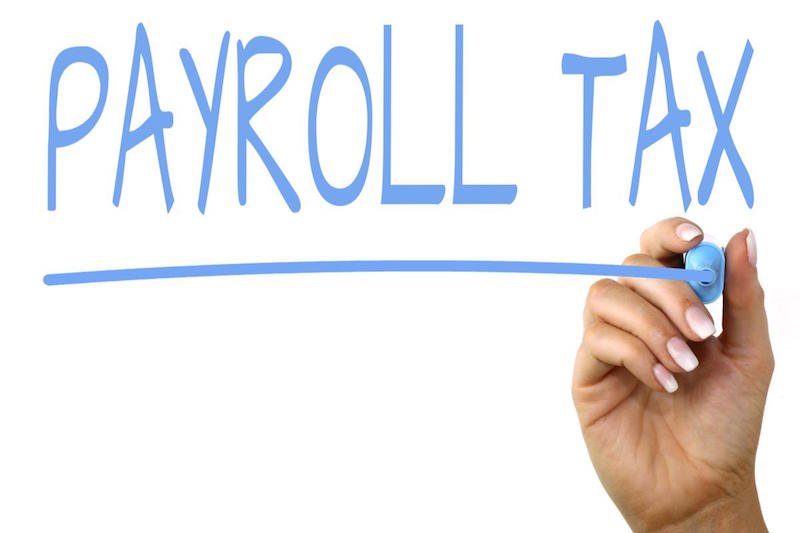A South Brooklyn City Council Member against congestion pricing is pushing for an alternative in the wake of the mayor and gvernor’s endorsement of the controversial funding plan for the embattled transit authority.
City Councilman Alan Maisel (D-Bergen Beach, Canarsie, Flatlands, Georgetown, Gerritsen Beach, Marine Park, Mill Basin, Mill Island, Sheepshead Bay) is proposing a shared pricing plan as an alternative to raising funds for the struggling Metropolitan Transportation Authority (MTA).


Maisel is proposing a regional payroll tax, an initial idea that his predecessor, by former Councilman Lew Fidler proposed back in 2007 when former Mayor Michael Bloomberg first floated the idea of congestion pricing in order to decrease traffic and air pollution across the city.
Under the proposal, a one-third of one percent payroll tax (.0033%) would be imposed on businesses in New York City, Rockland, Westchester, Nassau and Suffolk Counties. This plan aims to be the opposite of a commuter tax, as the revenues would go to a dedicated authority that would plan and pay for improvements and maintenance of all the subways, commuter rails, highways, bridges and tunnels.
The tax for a paid employee earning $50,000 per year would be about $3 per week, or $150 per annum. This infinitesimal payroll tax would generate $1 billion a year in the beginning. In 15 years, that amount would double per annum.
The regional tax proposal, dubbed The 9 Carat Stone Plan, states, “The money would be used regionally and not just within the City because commuting to work and transportation are regional issues. Government at all levels would have to commit to maintaining existing levels of funding so that this revenue would be additional.”
Maisel believes that the regional tax plan is the best way to raise the necessary $1.5 billion annually — the amount the MTA agrees must be raised to fix the system.
According to the plan, the payroll tax would not cost as much to collect as congestion pricing, and would share the burden of paying for commuting to work fairly, by taxing all types of commuters in all areas—not just Manhattan’s central business district. As such, more revenue would be raised from more people at a lower rate, and more equitably apportioned.
“There should be a plan that takes into consideration a contribution that everyone participates in. My predecessor had a very tiny tax increase that would have raised a significant amount of money, that would do the same thing as congestion pricing but spread the burden,” said Maisel.
Congestion Pricing aims to create a congestion zone by tolling drivers entering the Manhattan Central Business District (MCBD) in order to reduce congestion by 20%. Electronic tolling devices would be installed on the perimeter of the MCBD defined as streets south of 61st St. in Manhattan. The FDR Drive will not be included in the congestion zone. The electronic tolling system will account for tolls previously paid by drivers entering Manhattan from designated crossings.
“It [regional tax plan] would spread the burden. I think that would be fair. I don’t think that it’s fair to put the burden just on the drivers. There is no subway in my district, I basically have the very end of the L Train. My district is a transportation desert, so cars are much more important here,” added Maisel.










